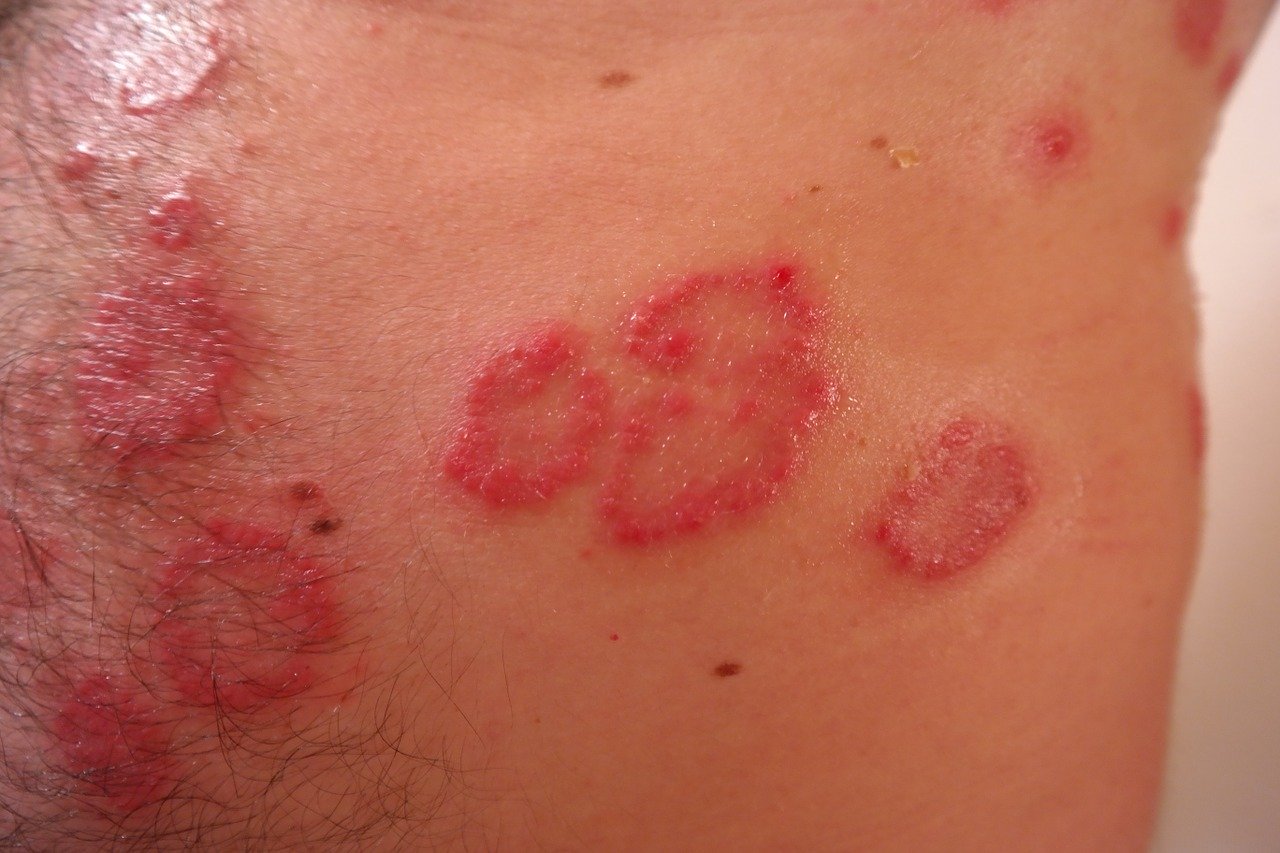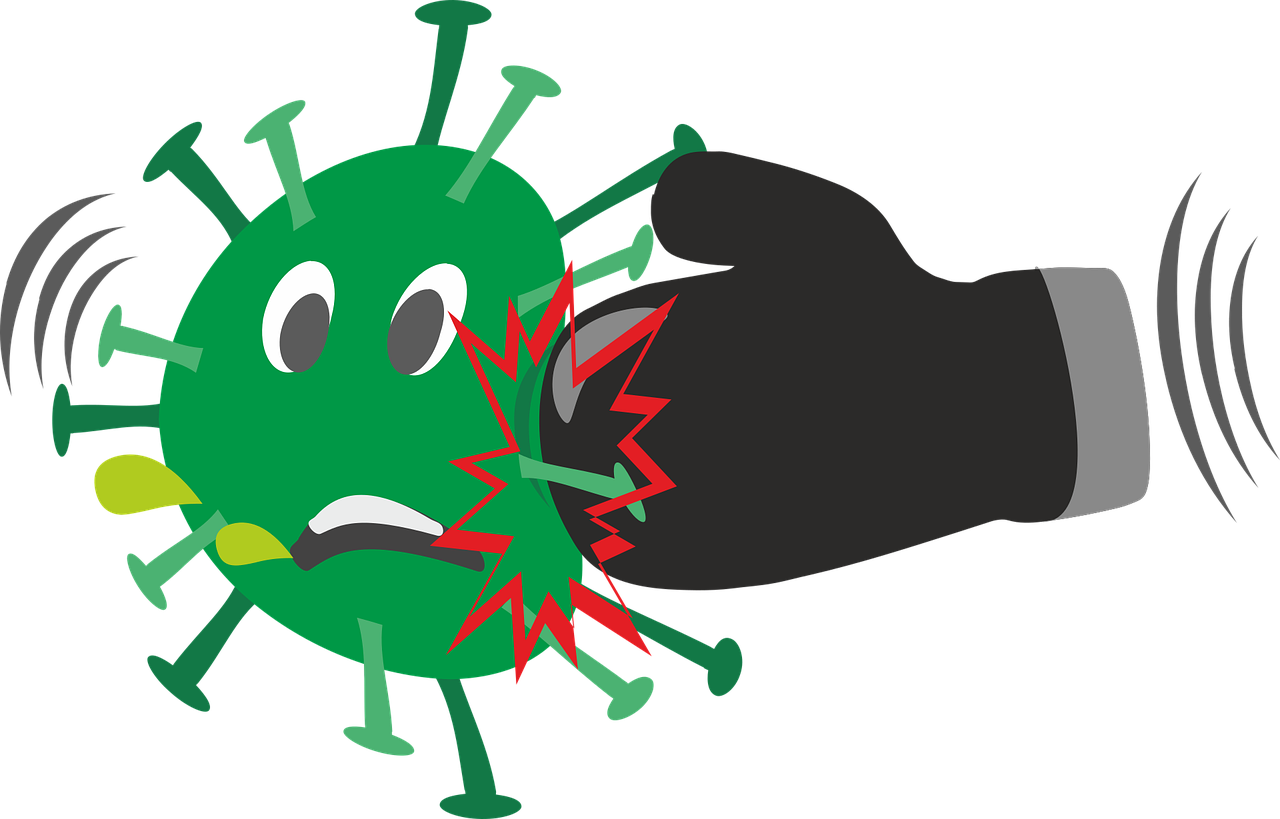In June 2019 researchers from the USA published the results of their study to assess the differences in types and amount of technology used by adolescents and its association with … Read more
Longer screen time usage (television viewing/video game use) during childhood appears to worsen lipid profiles in early adolescence
In March 2020 researchers from Canada published the results of their study to assess whether a non-active lifestyle or sleep predicted lipid profiles in children over a 2-year period. A … Read more
A sleep duration of over 10 hours/night appears to be associated with lower BMI scores in children
In February 2019 researchers from Germany published the results of their study to assess the association between sleep duration and physical activity and overweight/obesity in German primary school children. A … Read more
Night time media use may contribute to sleep problems and symptoms of anxiety and depression in adolescents with attention deficit/hyperactivity disorder
In November 2018 researchers from the USA published the results of their study to assess the association between night time media use and sleep problems and internalizing symptoms (ie depression, … Read more
Sleep and dietary patterns, technology and internet usage, perinatal factors, breastfeeding, birth delivery mode and exercise all appear to have an effect on the amount of impulsive behaviour seen in children and adolescents with attention deficit/hyperactivity disorder
In September 2019 researchers from Spain published the results of their study to assess the association between weight, birth attributes, exercise and sleep habits, dietary intake and impulsive behaviour in … Read more
A short sleep duration appears to be associated with an increased risk of an emotional disorder (anxiety and depression) in both boys and girls and with a behavioural disorder (defiance, inappropriate conduct, and attention-deficit/hyperactivity) in boys only
In December 2019 researchers from Norway published the results of their study to assess the association between sleep duration and symptoms of emotional and behavioral disorders in children. A total … Read more
Greater technology use appears to be associated with more sleep-wake problems and less time in bed in all adolescents, but the association between the amount of technology usage and teacher-rated daytime sleepiness only appears to be seen in adolescents with attention deficit/hyperactivity disorder
In June 2019 researchers from the USA published the results of their study to assess the differences in types and amount of technology used by adolescents and its association with … Read more
A life filled with worthwhile activities may promote well-being and healthy aging in the older individual
In January 2019 researchers from the UK published the results of their study to assess the wider implications of feeling that the things undertaken in one’s life are worthwhile. A … Read more
Environmental factors as well as the gut microbiota may strongly influence the development of psoriasis and its progression
In March 2020 researchers from Italy, USA and Serbia published their review on the interactions between the skin, microbiome, gut microbiota and psoriasis. The researchers stated that psoriasis is alternatively … Read more
Consuming energy drinks may result in poorer sleep and higher stress levels
In January 2020 researchers from the USA published the results of their study to assess the effect of caffeine and energy drink habits on sleep quantity, sleep quality, and perceived … Read more
A caffeine supplement does not improve the 800-m running performance of trained runners but does appear to impair sleep quality
In September 2019 researchers from Spain published the results of their study to assess the effect of caffeine intake on 800-m running performance, sleep quality and nocturnal cardiac autonomic activity … Read more
Mental health issues in adolescence are linked to compliance to lifestyle recommendations in childhood, with a greater compliance to recommendations for diet, physical activity, sleep, and sedentary behaviour leading to fewer mental health issues
In May 2019 researchers from Canada published the results of their study to assess the association between meeting established recommendations for diet, physical activity, sleep, and sedentary behavior in childhood … Read more
Supplementing the diet with a combination of multiple immune-supporting nutrients, including vitamins A, E, B6 and B12, folate, iron, copper and selenium but especially vitamins C and D and zinc, may improve immune function and reduce the risk of infection
In January 2020 researchers from the USA and Switzerland published their review on nutrients and the immune system. It has been established that multiple nutrients, including vitamins A, D, C, … Read more
There appears to be a significant association between increased screen viewing time and reduced sleep duration in young children, with the association being stronger in those aged 6 months and below
In January 2019 researchers from Singapore, USA and Germany published the results of their study to assess the association between screen viewing time and sleep duration in children aged 2 … Read more
Research undertaken so far does not prove that artificial food colouring actually causes autism spectrum disorder, although there does appear to be a link of some type
In February 2020 researchers from India and Qatar published their review on the use of food colouring and autism. They stated that in 2018 the Centers for Disease Control and … Read more
The International Society of Sports Nutrition publish their recommendations on the nutritional considerations for marathon running and racing
In January 2020 researchers from the USA, UK and South Africa published, on behalf of the International Society of Sports Nutrition, a “Position Stand” on the nutritional considerations for single-stage … Read more
Interrupted sleep, caused by overnight smartphone use, appears to lead to a higher body mass index
In October 2018 researchers from Denmark published the results of their study to assess whether there was any association between overnight smartphone use and associated interrupted sleep with mental and … Read more
A high sleep variability predicts a blunted weight loss response and short sleep duration a reduced decrease in waist circumference in individuals undergoing a weight loss intervention
In June 2019 researchers from Spain published the results of their study to assess the association of sleep duration and sleep variability on 12-month changes in weight and body size … Read more
Physical activity and screen time are both associated with sleep quantity or sleep quality in adolescents
In April 2019 researchers from the USA published the results of their study to assess the relationships between physical activity, screen time, and sleep quantity and quality in adolescents. A … Read more
Low vitamin D levels as well as a high BMI may increase the risk of insulin resistance in individuals with obstructive sleep apnoea syndrome
In May 2019 researchers from Greece and the UK published the results of their study to assess the association between vitamin D levels and insulin resistance in individuals with obstructive … Read more




















